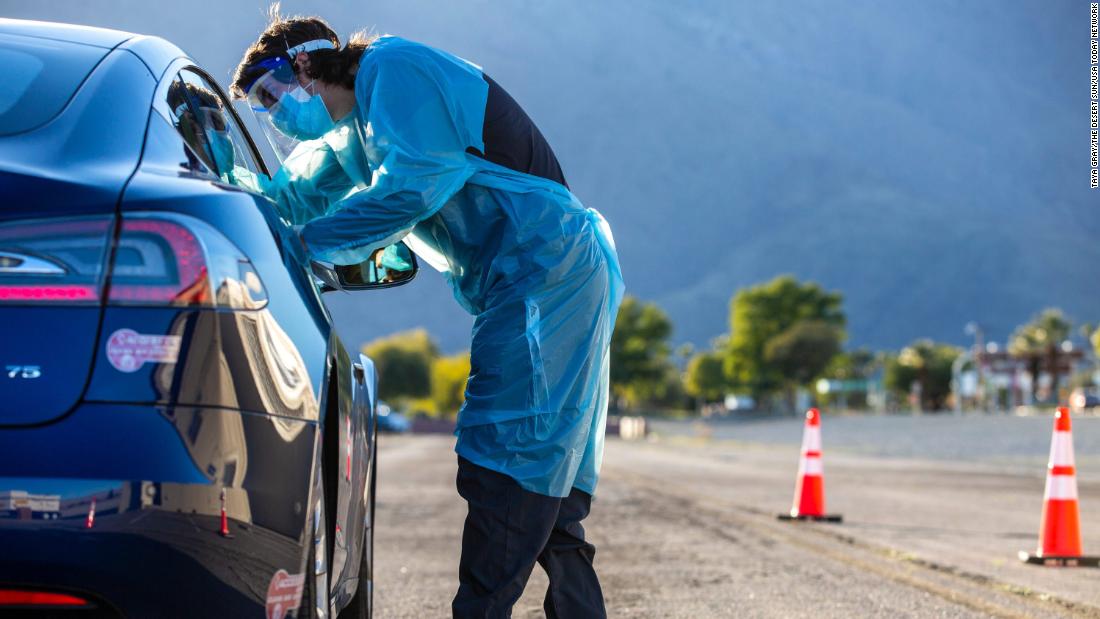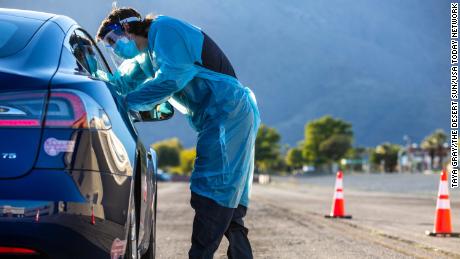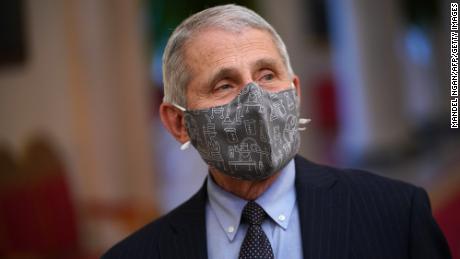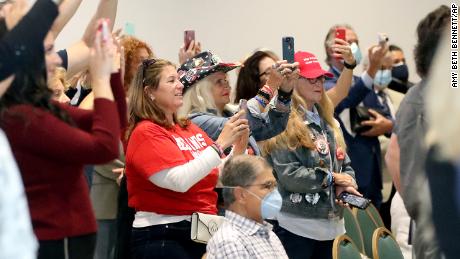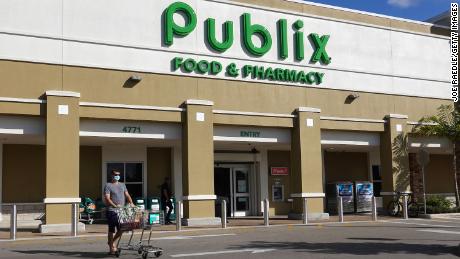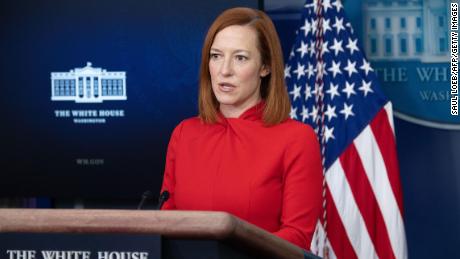Officials are hopeful the US is getting closer to the end of the pandemic. But there are road bumps ahead
“With each day we are moving one step closer to eliminating and eradicating this pandemic,” Hogan said in a statement. “But we need to remain vigilant, and keep doing the things that keep ourselves, our families, and our communities safe.”
But Americans should not relax just yet, experts have repeatedly cautioned.
“I’m very hopeful about where we are,” Dr. Ashish Jha, dean of the Brown University School of Public Health, told CNN Sunday. “Now we have a couple road bumps ahead.”
‘Now is not the time to let your guard down’
The American Medical Association, the American Hospital Association and the American Nurses Association also all urged continued vigilance against the virus.
“With new, more contagious variants of the virus circulating throughout the U.S., now is not the time to let your guard down and scale back on the measures that we know will work to prevent further illness and deaths — wearing masks, practicing physical distancing, and washing hands,” a joint statement said.
Even as Americans are getting vaccinated, face masks will continue to play an essential role in helping curb the spread of the virus — and therefore lowering the chances of even more mutations. The scientific evidence that masks work to prevent viral transmission has been clear for nearly a year now, one expert highlighted.
“The evidence was pretty compelling by last March or April that uniform wearing of masks would reduce transmission of this disease,” Dr. Francis Collins, director of the National Institutes of Health, said during an interview Sunday on Axios on HBO.
“A mask is nothing more than a life-saving medical device, and yet it got categorized in all sorts of other ways that were not factual, not scientific and frankly, dangerous,” he added. “And I think you can make a case that tens of thousands of people died as a result.”
Fauci: After weather troubles, US will catch up on vaccines this week
The US also now has one more incredibly powerful tool against the virus: vaccines.
That means roughly 5.7% of the US population has been fully vaccinated — a far cry from the kind of percentage the country would need to approach herd immunity.
Some states are still grappling with supply shortages, vaccine equity problems and after last week, delays caused by severe winter storms.
But Fauci projected Sunday the US will be caught up by the middle of this week on those delays.
“Obviously it is a setback because you’d like to see the steady flow of vaccine getting out there to get into people’s arms, but we can play pretty good catch-up,” he told NBC.
“It’s a temporary setback, and when you just, you know, put your foot to the accelerator and really push, we’ll get it up to where we need to be by the middle of the week.”
Both vaccines on the US market — developed by Pfizer-BioNTech and Moderna — require two doses, the second of which are intended to be administered 21 days and 28 days after the first, respectively.
Fauci told CNN Sunday the US is currently sticking with the vaccine schedule that is backed up by data from clinical trials.
“The science points directly towards continuing with what we know … from the clinical trial,” he said.
CNN’s Keith Allen, Jessica Firger, Naomi Thomas, Michael Nedelman and Paul Vercammen contributed to this report.
![]()


